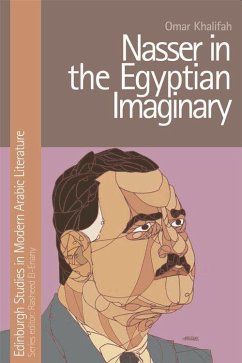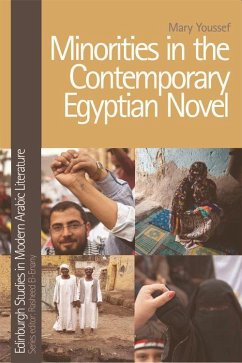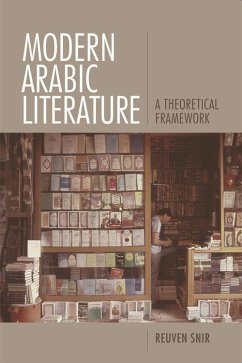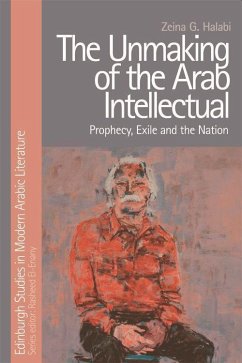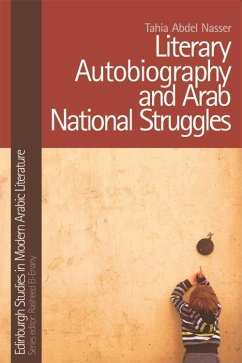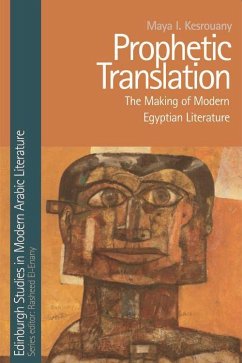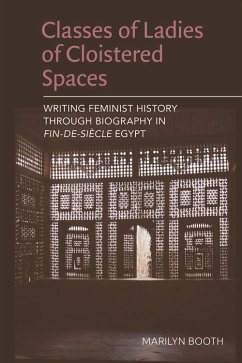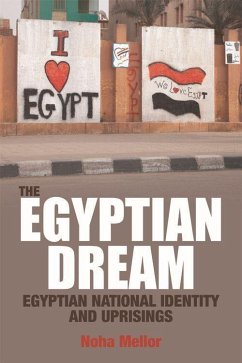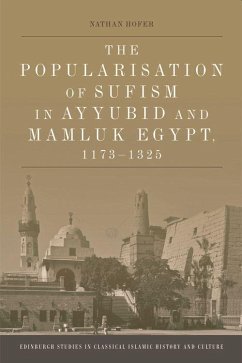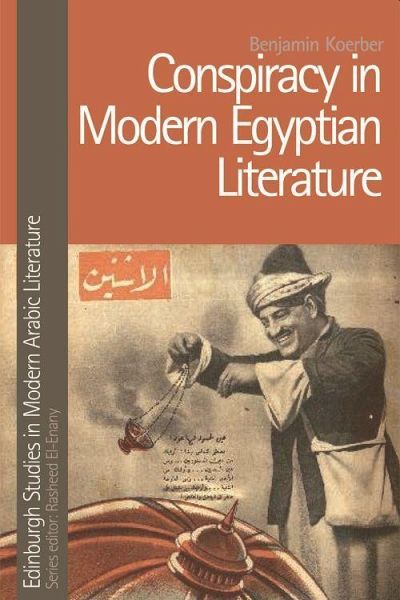
Conspiracy in Modern Egyptian Literature
Versandkostenfrei!
Versandfertig in über 4 Wochen
142,99 €
inkl. MwSt.
Weitere Ausgaben:

PAYBACK Punkte
71 °P sammeln!
Examines the diverse uses of conspiracy theory in Egyptian fiction over the last century Conspiracy theory in the Arab World has come to be associated with the rhetoric of Islamist extremists and authoritarian regimes. Yet its principal tropes - omnipotent secret societies, impending apocalypse, heroes who crack codes - have recurred in Arabic literature as well. A number of Egyptian authors, including Ali Ahmad Bakathir, Naguib Surur, Sonallah Ibrahim, Gamal al-Ghitani and Youssef Rakha, have crafted potent narratives of conspiracy that have remained unexamined until now. In a series of case ...
Examines the diverse uses of conspiracy theory in Egyptian fiction over the last century Conspiracy theory in the Arab World has come to be associated with the rhetoric of Islamist extremists and authoritarian regimes. Yet its principal tropes - omnipotent secret societies, impending apocalypse, heroes who crack codes - have recurred in Arabic literature as well. A number of Egyptian authors, including Ali Ahmad Bakathir, Naguib Surur, Sonallah Ibrahim, Gamal al-Ghitani and Youssef Rakha, have crafted potent narratives of conspiracy that have remained unexamined until now. In a series of case studies, this book examines the diverse uses of conspiracy theory in Egyptian fiction since the early twentieth century. And it shows that when read against the historical and intertextual backgrounds of individual authors and their works, conspiracy theory emerges not as a single, rigid ideology, but as a style of writing that is equal parts literary and political. Key Features . Provides the first critical study of conspiracy theory in Arabic literature . Examines work by authors who have received little critical attention in English (Youssef Rakha, Mohammad Rabie, Ahmed Naji) . Examines the recent 'authoritarian turn' of some Egyptian authors . Contains an Arabic edition and partial translation of Naguib Surur's infamous underground quatrains Benjamin Koerber is Assistant Professor of Arabic language and literature in the Department of African, Middle Eastern, and South Asian Languages and Literatures at Rutgers University. Cover image: sourced from modernegypt.bibalex.org Cover design: [EUP logo] edinburghuniversitypress.com ISBN 978-1-4744-1744-0 Barcode




